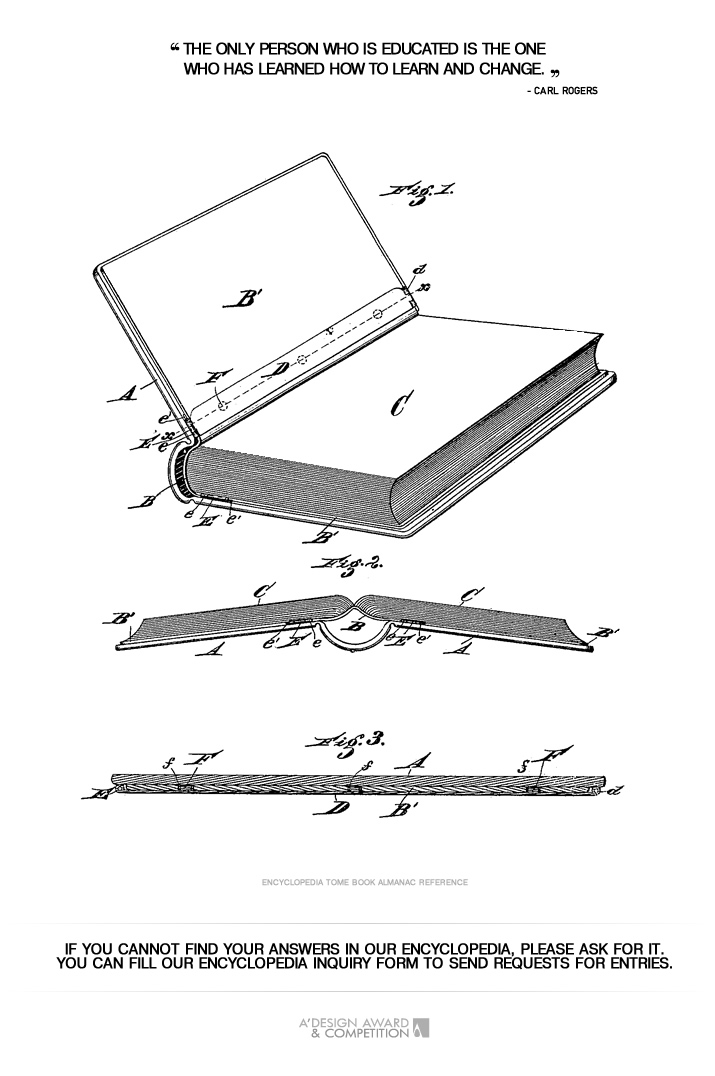
| THE AWARD |
| CATEGORIES |
| REGISTRATION |
| SUBMIT YOUR WORK |
| ENTRY INSTRUCTIONS |
| TERMS & CONDITIONS |
| PUBLICATIONS |
| DATES & FEES |
| METHODOLOGY |
| CONTACT |
| WINNERS |
| PRESS ROOM |
| GET INVOLVED |
| DESIGN PRIZE |
| DESIGN STORE |
| THE AWARD | JURY | CATEGORIES | REGISTRATION | PRESS | WINNERS | PUBLICATIONS | ENTRY INSTRUCTIONS |
Small Change - Entry #476878 |
Home > Design Encyclopedia > 476878 |
 Small Change
Small Change
Small Change is a strategic design approach focused on implementing minor, incremental modifications that collectively yield significant improvements in products, services, or systems. This methodology emphasizes the power of subtle adjustments and refinements rather than dramatic overhauls, operating on the principle that accumulated minor enhancements can lead to substantial positive outcomes. In design practice, small change philosophy manifests through careful attention to detail, where designers systematically identify and modify individual elements that could benefit from improvement, whether in form, function, or user experience. This approach has gained particular prominence in contemporary design thinking, as it allows for controlled experimentation and reduced risk while maintaining the core integrity of existing designs. The implementation of small changes requires meticulous observation, analysis, and understanding of user behavior patterns, environmental impacts, and technological constraints. Designers employing this methodology often utilize iterative testing processes to validate each modification's effectiveness before proceeding to subsequent adjustments. This approach has proven particularly valuable in sustainable design practices, where minimal alterations in material usage, production processes, or product lifecycle can result in considerable environmental benefits. The concept has found recognition in various design competitions, including the A' Design Award, where projects demonstrating effective use of incremental improvements often receive acclaim for their innovative yet practical solutions. The methodology's success lies in its ability to maintain familiarity while introducing improvements that enhance functionality, accessibility, or sustainability without disrupting user habits or requiring significant behavioral adaptation.
Author: Lucas Reed
Keywords: incremental design, systematic improvement, iterative development, minimal intervention
 About the Design+Encyclopedia
About the Design+EncyclopediaThe Design+Encyclopedia is a crowd-sourced reference of information on design. Unlike other crowd-sourced publications on design, the Design Encyclopedia is edited and actively monitored and publishing is only possible after review of submitted texts. Furthermore, editors of the Design Encyclopedia are mostly consisting of award winning designers who have proven their expertise in their design respective fields. Information posted at design encyclopedia is copyrighted, you are not granted a right to use the text for any commercial reasons, attribution is required. If you wish to contribute to the design encyclopedia, please first register or login to A' Design Award and then start a new design encyclopedia entry.

If you did not find your answer, please feel free to check the design encyclopedia for more entries. Alternatively, you can register and type your own definition. Learn more about A' Design Award's Design+Encyclopedia.

